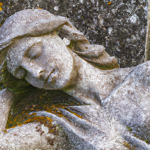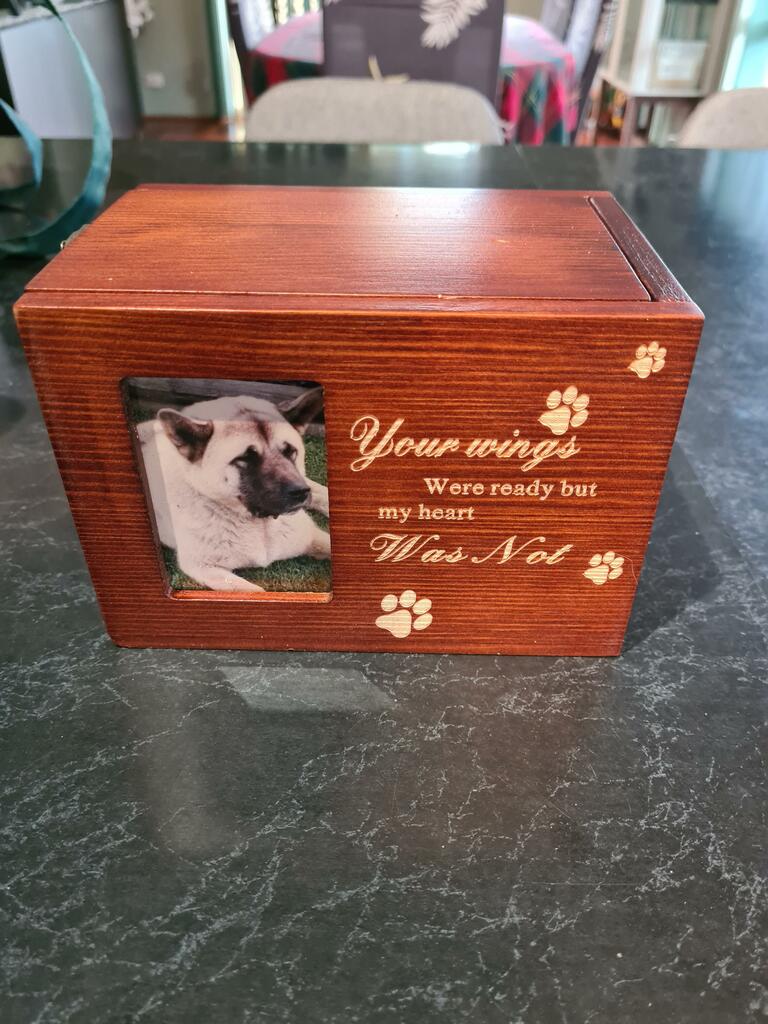The Importance of Memorials and Funerals in the Healing Process
Losing a loved one is an incredibly difficult experience that we all must face at some point in our lives. The grief and pain that accompanies such a loss can be overwhelming, leaving us feeling lost and alone. During these challenging times, the power of memorials and funerals cannot be overstated. These rituals play a crucial role in the healing process, providing us with a sense of closure, support, and the opportunity to honor and remember those we have lost.
The Healing Power of Memorials
Memorials serve as a physical representation of our love, respect, and remembrance for the departed. They provide a space for us to gather and reflect on the life and legacy of the deceased. When my grandmother passed away, her memorial service was held in our family church. The sight of her favorite flowers adorning the altar and the sound of her favorite hymns being sung created a comforting atmosphere, allowing us to celebrate her life and find solace in the company of others who loved her.
Psychologically, memorials help us process our grief by giving us a tangible outlet for our emotions. They allow us to express our feelings openly and share stories and memories with others who can relate to our loss. Personally, I found immense comfort in sharing anecdotes and funny moments from my grandmother’s life during her memorial. It brought joy and laughter amidst the tears, reminding us that even in death, her spirit lived on.
The Importance of Funerals
Funerals, on the other hand, provide a structured and ceremonial way to say goodbye to our loved ones. They offer a formal opportunity to honor their memory and pay our last respects. Attending a funeral can be a deeply emotional experience, but it can also be a healing one. When my best friend passed away unexpectedly, attending his funeral allowed me to confront the reality of his loss and begin the healing process.
Funerals offer a space for collective mourning, bringing together friends, family, and community members to support one another. The presence of others who are also grieving creates a sense of unity and shared experience. It was at my friend’s funeral that I realized the impact he had on so many lives. Hearing stories from his childhood friends, teachers, and colleagues made me realize just how loved and cherished he was. This communal support was crucial in helping me navigate through the initial stages of grief.
Honoring and Remembering
One of the most significant aspects of memorials and funerals is their ability to help us honor and remember our loved ones. These events provide an opportunity to acknowledge and celebrate the impact they had on our lives. Whether it’s through eulogies, photo displays, or video tributes, memorials and funerals allow us to share our gratitude and appreciation for the person we lost.
During my grandfather’s memorial, we created a memory wall where attendees could write down their favorite memories of him and pin them up. Reading the heartfelt notes and seeing the impact he had on his friends and family was a poignant reminder of his legacy. It also provided us with a keepsake that we could revisit in moments of grief, bringing a sense of comfort and connection.
Summary:
In summary, memorials and funerals play a vital role in the healing process after the loss of a loved one. They provide a physical representation of our love and remembrance, allowing us to openly express our emotions and share stories with others who are also grieving. Funerals offer a structured way to say goodbye and honor the memory of the deceased, while also providing communal support. Through these rituals, we can find closure, solace, and the opportunity to celebrate and remember the lives of those we have lost.
Important points to remember about memorials and funerals include:
1. Memorials serve as a physical representation of our love and remembrance, providing closure and a space to honor the deceased.
2. Funerals offer a formal opportunity to say goodbye and pay our last respects.
3. Both memorials and funerals provide communal support, bringing together friends, family, and community members.
4. They allow us to express our emotions openly and share stories and memories.
5. Memorials and funerals help us celebrate the lives and legacies of our loved ones.
In conclusion, when faced with the loss of a loved one, embracing the power of memorials and funerals can be a powerful tool for healing. These rituals provide us with a sense of closure, support, and the opportunity to honor and remember those who have passed away. By coming together with others who are also grieving, we can find solace, share stories, and celebrate the lives of those we have lost.












